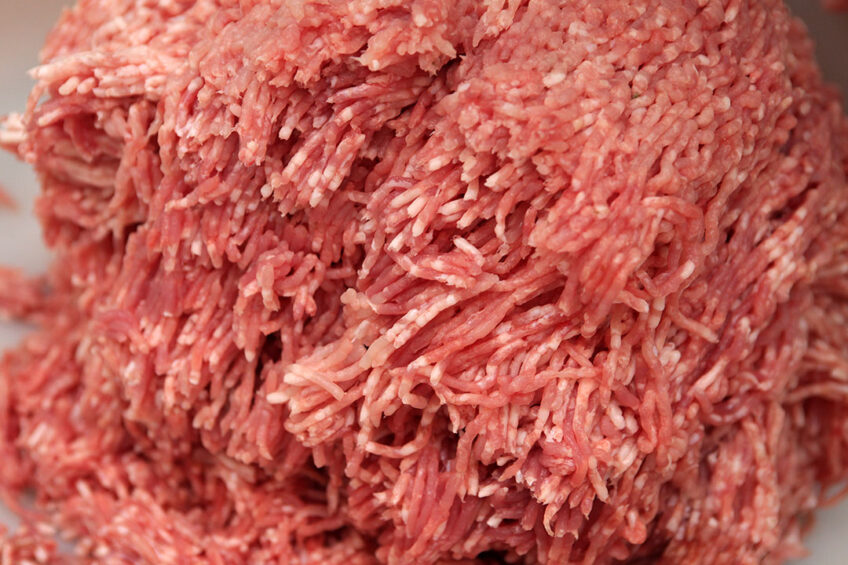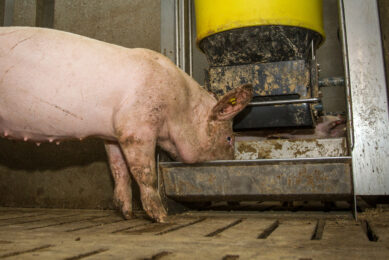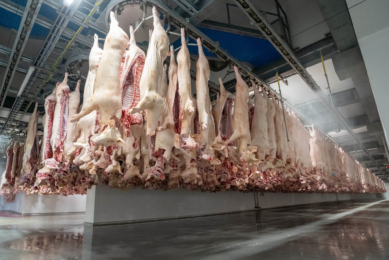Pig company Goodvalley sells Russian branch

Dutch pig company Goodvalley A/S sold its Russian branch. This branch operates the Rasskazovsky pig breeding complex in the Tambov region in Central Russia, according to data from the Russian unified state register of legal entities.
The Russian company Agro-Vilion owns a 99.99% stake of Goodvalley’s Russian subsidiary since September 12. Agro-Vilion primarily produces barley, wheat, sunflower, soybeans, corn and peas.
Goodvalley reportedly sells due to Ukraine conflict
The Russian newspaper Kommersant cited 2 sources close to the deal. They reported that Goodvalley sold its Russian subsidiary due “to the Russian military operation in Ukraine”. Another source told to publication that Goodvalley considered selling the asset even before the current crisis, explaining that the company was concerned about toughening competition in the Russian pork market.
Sustainable business
Rasskazovsky produces around 100,000 pigs per year, grows crops on 6,000 ha of agricultural land, and runs a feed mill producing 20,000 tonnes of pig feed per year. Yuri Kovalev, general director of the Russian Union of pork producers, estimated that this farm was a “good and sound” business in the segment of small and medium pork production facilities. On the other hand, the competition in the Russian market is indeed getting fiercer.
“The Russian pork market is saturated, and internal competition is quite tough. It will be rather difficult for a newcomer in this business”, Kovalev said. “However, the main thing is the entry price, and we do not know it. It is possible that they [Goodvalley and Agro-Vilion] were able to agree on an acceptable price”.
Takeovers and land expansion
Kovalev estimated that the construction of a new pig farm with a similar feature would now cost 2.5 to 3 billion roubles ($ 40 to 50 million), and it would take 10 to 15 years to repay these investments since the average profitability in the Russian pig industry has been going down for some time now.
Sergey Yushin, executive director of the Russian National Meat Association, told Kommersant that in the current market conditions, a takeover of existing enterprises is becoming the best way to expand business in the Russian pig industry due to the rising cost of building new complexes and possible problems with the supply of equipment. On the other hand, Yushin said, the investor could be primarily interested in expanding its land bank, as finding 6,000 ha in Central Russia is not an easy task these days.











